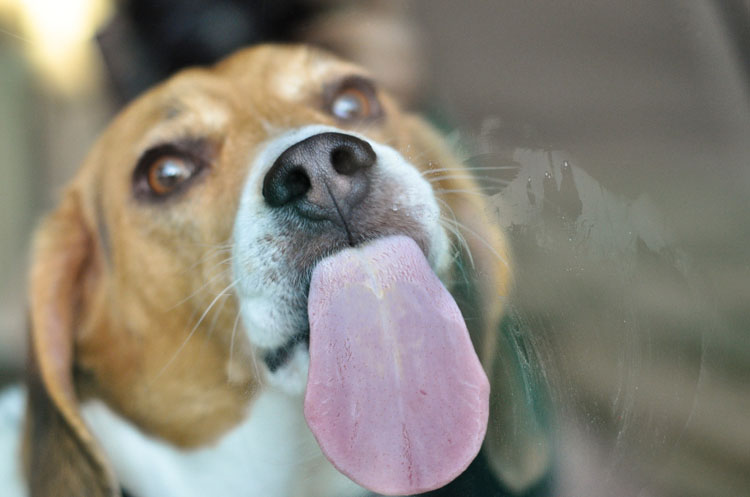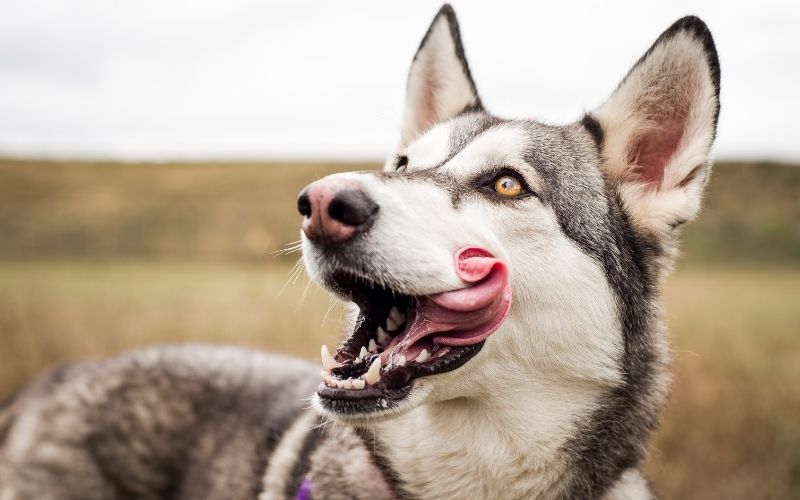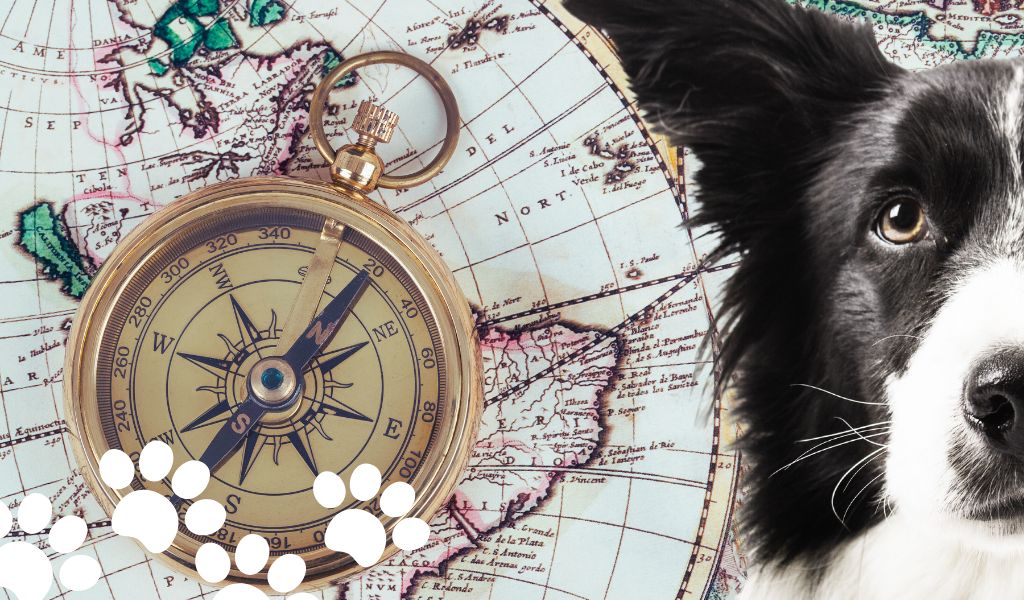Dogs do some strange things at times and one thing that can intrigue owners is that of lip quivering.
Why do dogs quiver their lips? For most dogs this is normal behaviour and your dog will normally quiver his lips when he is excited. Providing that your dog is not cold and you have ruled out hypothermia, then lip quivering is common and is normally nothing to be concerned about.
On rare occasions lip quivering in dogs can be caused by illness and you should see your vet if this goes on for long periods of time or is a regular occurrence or if you are worried.
I’ll look at some of the common reasons why dog’s lips quiver in this article.
Why does a dog’s bottom lip quiver?
The most common reason for a dog’s bottom lip to quiver is excitement.
This can be triggered by a new smell, tasty foods, the thought and anticipation of going on a walk, the arrival of a guest at the home.
Anything that can result in a raising of excitement levels in your dog can cause him to smack or quiver his bottom lip.
Most lip quivering in dogs is as a result of an emotional response but there can be occasions when a dog will quiver his lips due to illness or injury.
Pain – If your dog is uncomfortable and in pain then it is possible for him to quiver his lips and body in response.
Extreme temperatures – Dogs. like people can suffer from extreme cold or heat and this can cause shaking or trembling which can include the dog’s lips.
Illness – This can include many things from being generally unwell to more sinister reasons such as poison.
If your dog displays signs of trembling, shaking or lip quivering and you cannot work out why he is doing it, then you should be vigilant and watch him carefully for signs of illness or other symptoms.
Should you be in any doubt then the safest and recommended course of action is to seek the advice a expertise of your vet.

Why does my dog’s mouth chatter when he smells something?
You may have seen your dog smacking his lips or ‘chattering’ when he is sniffing an area or smelling something.
This is a very common action for most dogs and it’s highly likely that as well as sniffing the area, he is also tasting the smell.
You may have had a similar experience yourself with smells and there are some, particularly food related, that can be so strong that you can taste them.
Your dog has a very capable and very potent sense of smell and he uses his tasting ability to much greater effect than you are capable of.
In addition to tasting, the ‘nibbling’ action that you see is also his way of sending scent particles into his nasal cavity so that he gets a more accurate sense of the area that he is sniffing.
What does lip licking mean in dogs?
A dog that licks his lips a lot is often nervous or sending out a message that he feels uncomfortable or threatened.
Dogs normally lick their lips as a sign of submission or appeasement to ward off a threat or predator to prevent aggression or attack.
Why does a dog’s mouth quiver after eating something?
If your dog has had a really tasty meal or treat that he has enjoyed then it is quite common and normal for him to quiver his mouth or smack his lips.
Many people smack their lips when they have enjoyed eating and the same principle exists in dogs.
Often a dog will quiver his mouth after eating to get the ‘taste’ of the food into his nasal area so that he can process it and file it in his scent memory for the future.
Taste and smell are heavily linked in dogs and both senses play a vital role in how he sees and remembers the world that he lives in.
Why do dogs mouths quiver after licking something?
Dogs’ mouths sometimes quiver after they have licked something and this is often a perfectly normal reaction.
Often the dog is exploring the taste and smell of the thing that he has licked and he is doing his best to process this and break the taste and odour down.
The action of your dog dealing with tastes and smells can often result in quivering lips and tongues and chattering teeth.
FAQs
Why do dogs quiver their lips?
Dogs may quiver their lips as a sign of anticipation or excitement. It’s a common behaviour observed when they are about to receive a treat, see their favourite toy, or meet someone they are fond of.
Is lip quivering in dogs a sign of pain or discomfort?
Lip quivering in dogs is generally not associated with pain or discomfort. It is more commonly related to emotional states such as excitement or anticipation. However, if you notice any other signs of distress or if the lip quivering persists, it’s best to consult a veterinarian.
Are there specific breeds that are more prone to lip quivering?
Lip quivering can occur in dogs of any breed or mix. It is not necessarily linked to specific breeds or genetic factors. However, individual dogs may display this behaviour more frequently based on their personality and temperament.
Can lip quivering in dogs indicate aggression?
Lip quivering in dogs is generally not a sign of aggression. Aggressive behaviours in dogs are typically accompanied by other cues such as growling, bared teeth, and stiff body language. If you are concerned about your dog’s behaviour, it’s advisable to consult a professional dog trainer or behaviourist.
How can I differentiate between lip quivering and other lip-related issues in dogs?
How can I differentiate between lip quivering and other lip-related issues in dogs?
The key reasons for a dog to quiver his lips are excitement and as a means of processing food tastes and smells along with other scents that he discovers when he is out and about.
It’s quite normal and is normally nothing to be concerned about, but, if you are worried about your dog then you should always speak to your vet and get professional advice.





